Ancient wisdom isn’t lost—it’s just waiting to be remembered.

Long before sustainability became a buzzword, the Celts lived in deep harmony with nature. Their traditions weren’t about convenience or consumerism; they were built on respect, balance, and an understanding that the earth gives only as much as it receives. The modern world has strayed far from this mindset, but their eco-wisdom still holds power today.
Many of the Celts’ forgotten practices align perfectly with what environmentalists now urge us to do—conserve resources, live seasonally, and treat the land as a living entity. These weren’t just beliefs; they were survival strategies that kept communities thriving for generations. With the planet at a breaking point, it’s time to revisit these age-old principles. Here are 10 pieces of Celtic eco-wisdom that could transform the way we live, if only we’d listen.
1. The land doesn’t belong to you—you belong to the land.
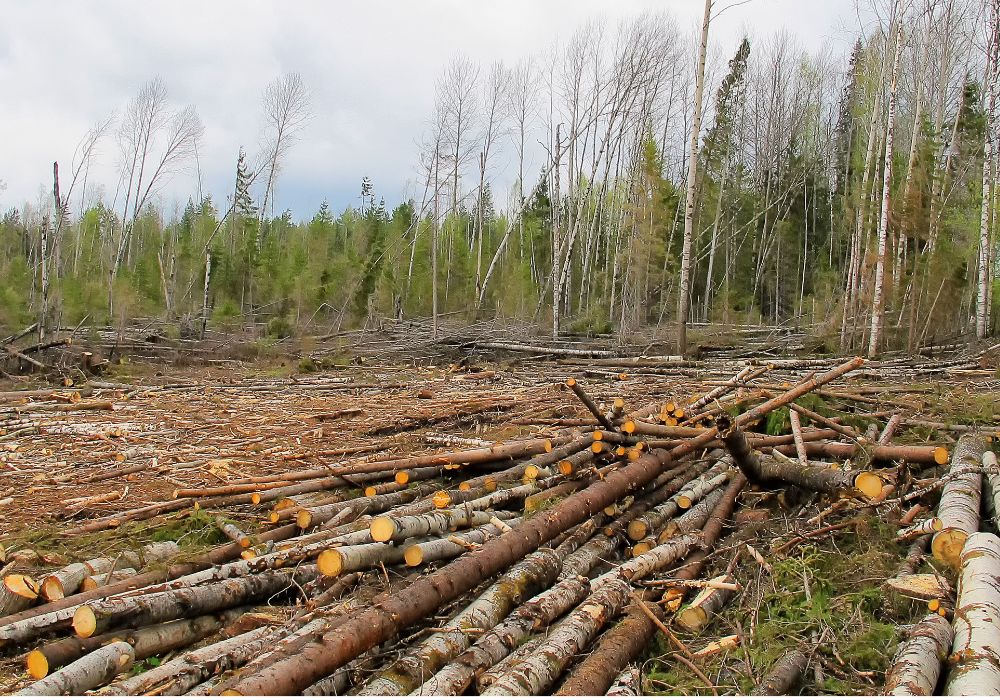
To the Celts, land wasn’t something to be divided up and owned. It was a living entity that sustained them, and in return, they treated it with deep respect. Niamh Guiry, writing for Liebert Publications, explains that the ancient Brehon Laws ranked trees by status and imposed heavy fines for cutting them down. Furthermore, Overhunting or draining a river wasn’t just a misuse of resources—it was an offense to the spirits of the land. The idea of personal ownership didn’t apply to nature; instead, the Celts saw themselves as caretakers with a responsibility to give back as much as they took.
Modern society treats land as a commodity, something to be bought, sold, and exploited. This mindset fuels deforestation, pollution, and environmental destruction. Reclaiming the Celtic way means viewing land as sacred again—supporting conservation efforts, respecting indigenous land rights, and living in ways that minimize harm. The earth doesn’t exist for profit. It exists to sustain life, and if we take more than we give, we all lose.
2. The wisdom of trees runs deeper than their roots.
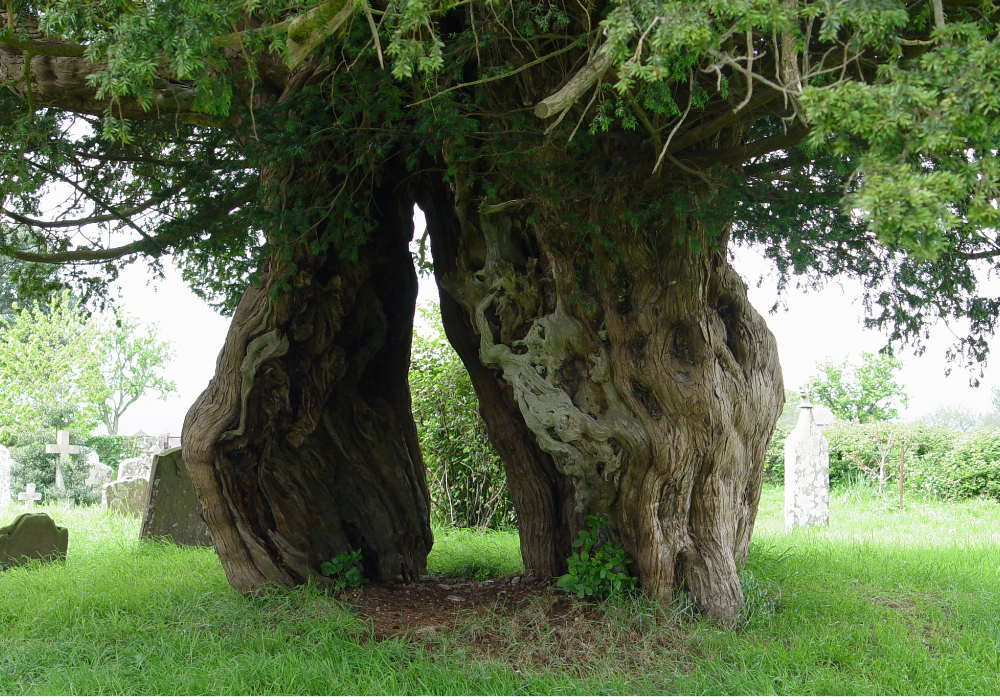
To the Celts, trees weren’t just part of the landscape—they were sources of wisdom, protection, and spiritual power. Sacred groves were gathering places for rituals, and certain trees, like the oak and yew, were believed to carry ancient knowledge. Cutting down a tree without necessity was considered an act of destruction beyond the physical; it severed a connection between people and the natural world.
Today, science is catching up to what the Celts already knew. According to Britt Holewinski at the National Forest Foundation, trees communicate through underground fungal networks, support entire ecosystems, and even have a calming effect on the human nervous system. Yet deforestation continues at a staggering rate, fueled by industries that see forests as raw materials rather than living communities. The Celtic perspective reminds us that trees are more than resources—they are vital members of the planet’s ecosystem. Protecting them isn’t just an environmental effort; it’s a necessity for survival.
3. Water holds memory, power, and life—don’t waste it.
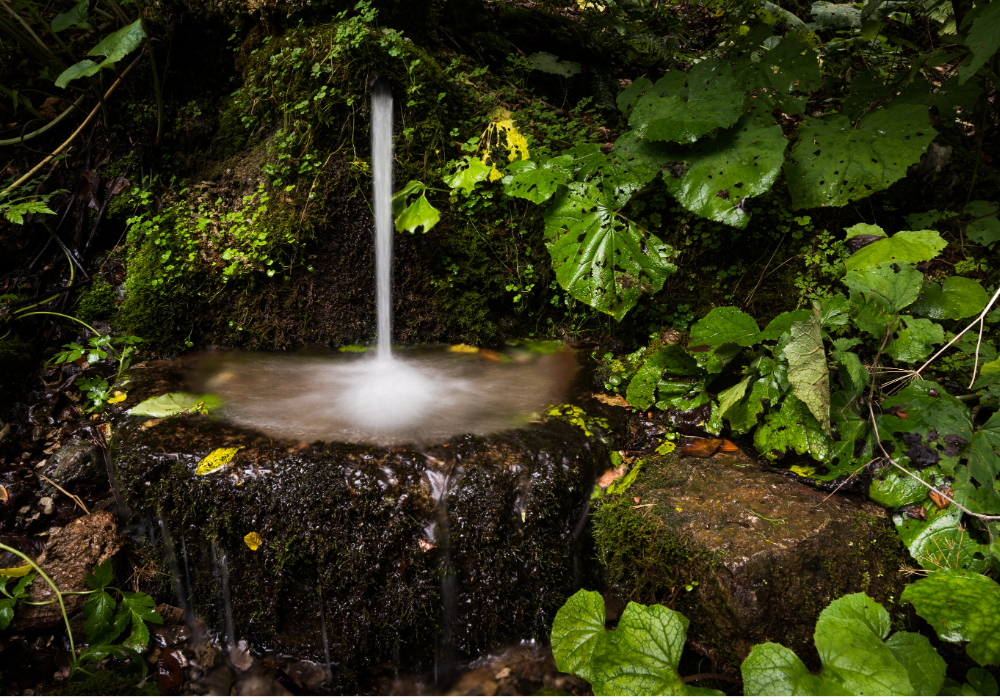
Water wasn’t just a necessity for the Celts—it was sacred. An Darach Forest Therapy explains that wells, rivers, and springs were believed to hold healing energy, and many were treated as portals to the spirit world. Polluting or wasting water was unthinkable, and offerings were often made to ensure its continued abundance. This deep reverence ensured that communities protected their water sources, understanding that life depended on them.
Modern society has taken water for granted. Industrial waste, plastic pollution, and reckless overuse have turned once-pristine rivers into dumping grounds. Even in places where water scarcity is a growing crisis, consumption habits remain careless. The Celtic perspective teaches that water should be honored, not abused. Living more consciously—reducing water waste, supporting clean water initiatives, and protecting natural waterways—helps restore the balance that the ancient Celts instinctively understood. Every drop matters, and once it’s gone, there’s no replacing it.
4. The seasons know best—live by their rhythm.
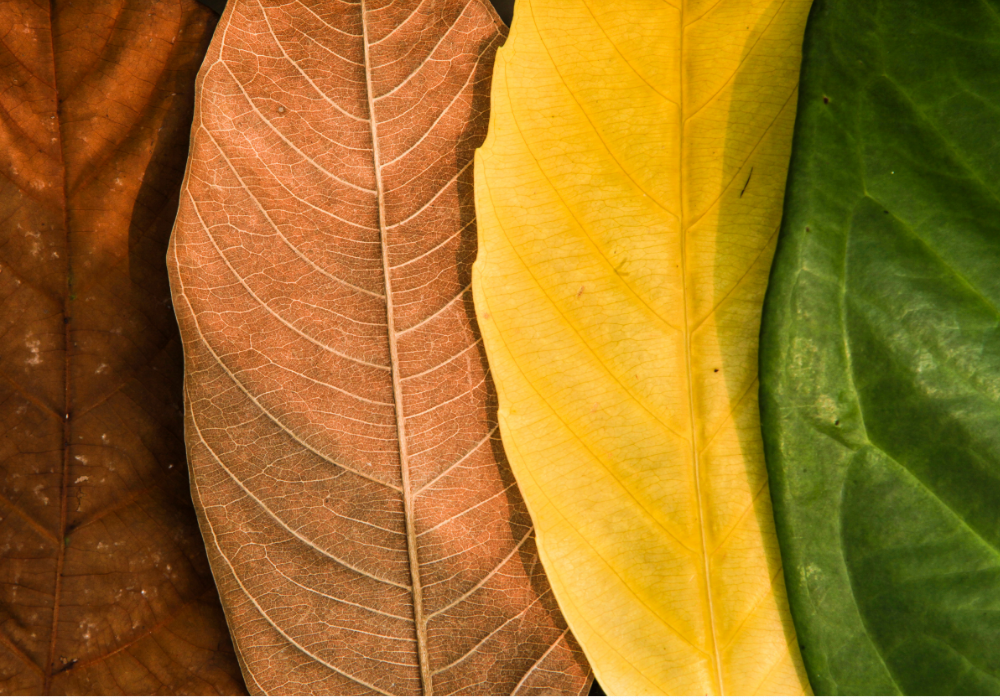
The Celts lived in sync with the land, following the natural cycles of the seasons rather than forcing nature to adapt to them. They ate what was available, built homes suited to the climate, and understood that each season had its own purpose. The harsh winter meant slowing down and conserving energy, while the fertile spring was for planting and renewal. Forcing the land to produce outside its natural timing was not only unnatural—it was doomed to fail.
Modern life has severed this connection. Global supply chains deliver summer fruits in winter, artificial lighting disrupts natural sleep cycles, and fast fashion encourages year-round consumption instead of seasonal necessity. Relearning the Celtic way means aligning our habits with the earth’s rhythms again. Eating locally and seasonally, adjusting lifestyles to match nature’s cycles, and respecting the ebb and flow of the natural world could restore a balance we’ve long abandoned.
5. Nature doesn’t waste a thing, and neither should we.
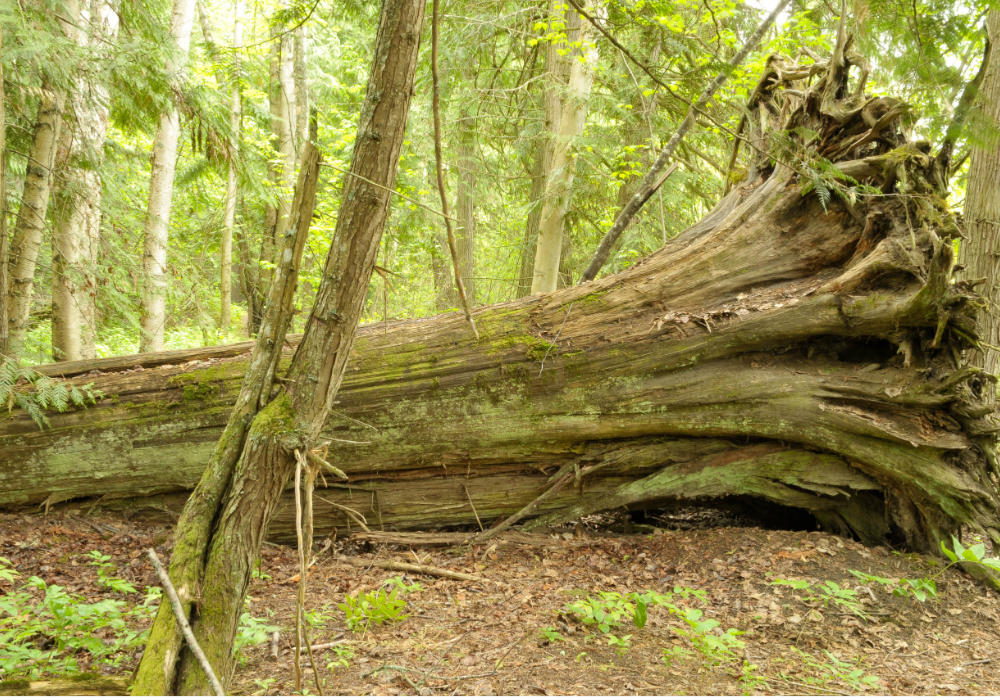
In the Celtic world, waste simply didn’t exist. Everything had a second life—food scraps were composted, worn-out clothing was repurposed, and broken tools were repaired rather than discarded. Nature itself was the model for this philosophy. A fallen tree became a home for insects, decomposing plants enriched the soil, and nothing was ever truly “trash.”
Contrast that with modern waste culture, where single-use plastics, overflowing landfills, and fast fashion dominate. The idea of throwing something away didn’t exist for the Celts because there was no “away”—everything stayed within the cycle of nature. Reclaiming this wisdom doesn’t mean living in the past, but it does mean adopting a circular mindset. Composting, upcycling, and making mindful purchasing decisions aren’t just eco-friendly choices—they’re a return to the way nature was always meant to function.
6. Animals aren’t resources—they are family.
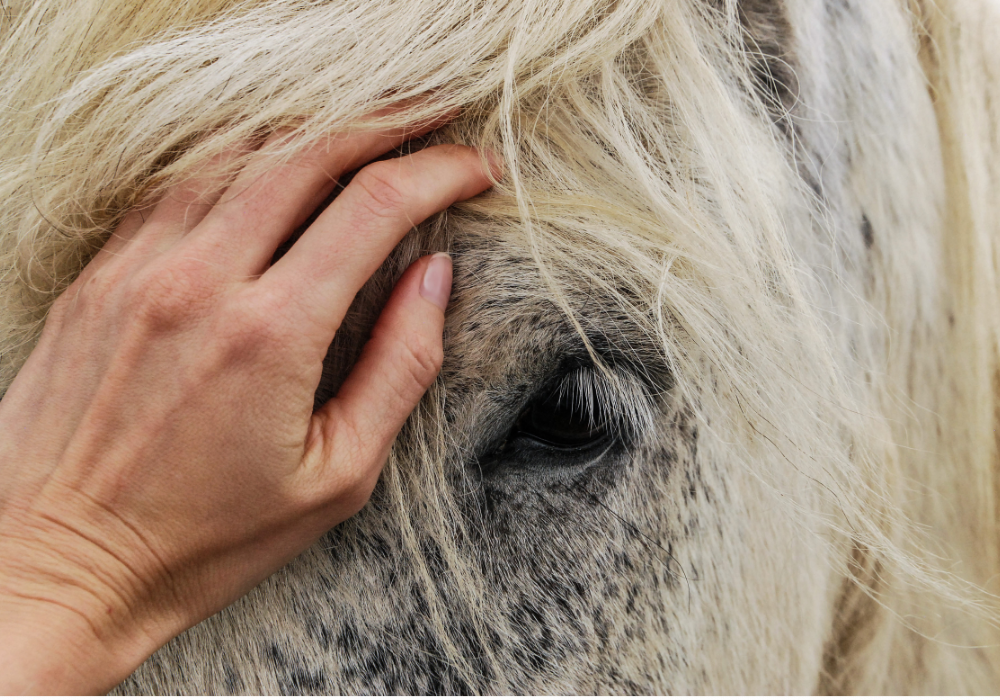
The Celts believed in a deep, spiritual connection with animals. Many tribes claimed descent from sacred animals, and harming them without necessity was considered dishonorable. Every creature had a role in the ecosystem, and their presence was a gift, not something to exploit.
Industrial farming and habitat destruction show just how far modern society has drifted from this belief. Treating animals as disposable commodities instead of sentient beings has devastated biodiversity. Returning to the Celtic perspective means respecting wildlife, fighting factory farming, and recognizing that humans don’t exist apart from the animal world—we exist within it.
7. Healing starts with the land, not the lab.

The Celts relied on the earth’s natural pharmacy long before modern medicine existed. Every village had herbalists who understood how to use plants, roots, and minerals for healing. Willow bark soothed pain, chamomile eased anxiety, and nettles strengthened the body. Healing wasn’t just about curing symptoms—it was about balance, prevention, and working with nature rather than against it.
Today, pharmaceuticals dominate, and while they save lives, they’ve also distanced people from the natural world’s healing potential. The overuse of synthetic drugs has led to antibiotic resistance, environmental contamination, and a mindset that views health as something to be fixed rather than nurtured. Integrating Celtic wisdom doesn’t mean rejecting modern medicine, but it does mean reconnecting with the land. Herbal remedies, holistic healing, and sustainable wellness practices can complement science in ways the Celts understood instinctively. The earth provides—if we remember to listen.
8. The night sky isn’t just for dreaming—it’s for learning.
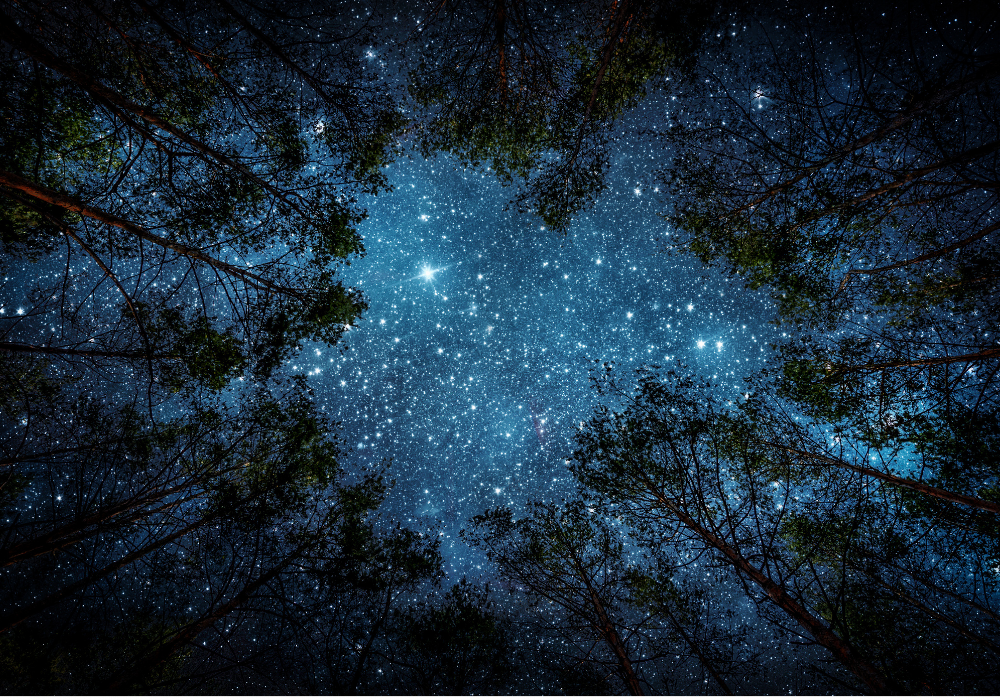
The Celts looked to the stars for guidance, using them to mark the seasons, navigate the land, and tell stories that connected them to the universe. The night sky was a vast, living map, rich with meaning and mystery. Moon phases influenced planting and harvesting, and constellations held legends that carried wisdom through generations. Darkness was something to embrace, not erase.
Modern life, flooded with artificial light, has severed that connection. Light pollution makes it difficult to see the stars, disrupting circadian rhythms and even affecting wildlife. Humans evolved with the cycles of night and day, but today, excessive screen time and late-night artificial lighting throw those rhythms into chaos. Reclaiming the Celtic perspective means reducing unnecessary light, spending time under the night sky, and recognizing that darkness is a natural, necessary part of life—not something to fear.
9. If the stories stop, so does the soul of the land.

The Celts didn’t just tell stories for entertainment—they used them to pass down knowledge about the land, the seasons, and the spirits that watched over them. Every river, mountain, and forest had a tale attached to it, reinforcing the idea that nature wasn’t just a backdrop to human life—it was an active, sacred force. These stories weren’t written down but spoken, carried through generations like seeds ensuring the survival of ancient wisdom.
Today, oral traditions are fading, and with them, the connection between people and the environment is disappearing. Nature has become something to use rather than something to understand. But storytelling is still a powerful tool. Films, books, and digital media can revive lost narratives, weaving sustainability and respect for the earth into modern culture. When nature is part of our stories, it stays part of our consciousness—and that might be the key to saving it.
10. A life filled with things will never be as rich as one filled with meaning.

The Celts measured wealth differently than the modern world does. Status wasn’t about stockpiling gold; it was about land, livestock, wisdom, and the strength of the community. Generosity was a sign of prosperity, and hoarding resources was frowned upon. The goal was sustainability—not in an environmental sense (though it naturally was), but in a way that ensured everyone in the tribe had what they needed to thrive.
Modern society’s obsession with consumption has led to overflowing landfills, environmental collapse, and a deep sense of dissatisfaction. The Celtic way offers a different perspective—one that values experiences over possessions, relationships over profits, and living in harmony with the world rather than conquering it. Real wealth isn’t about owning more; it’s about needing less. A shift in mindset could be the most powerful act of environmentalism we have left.